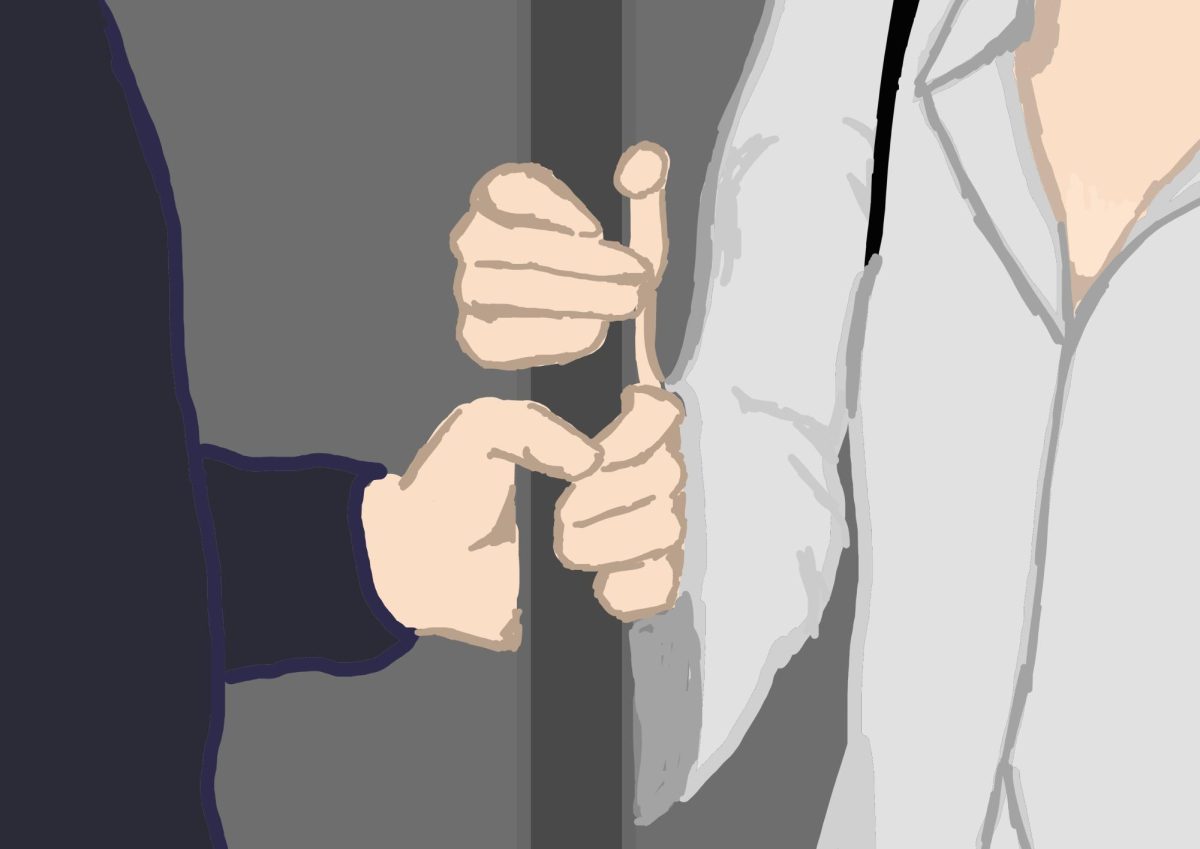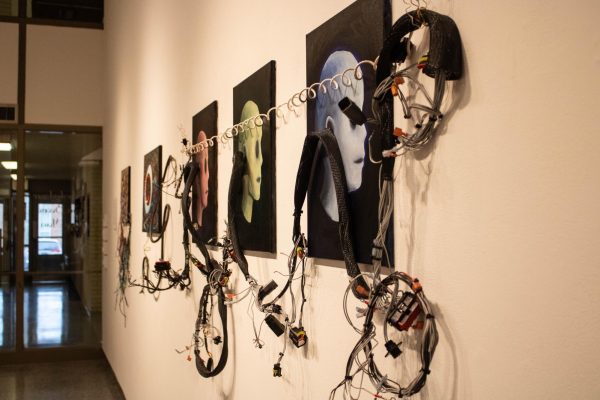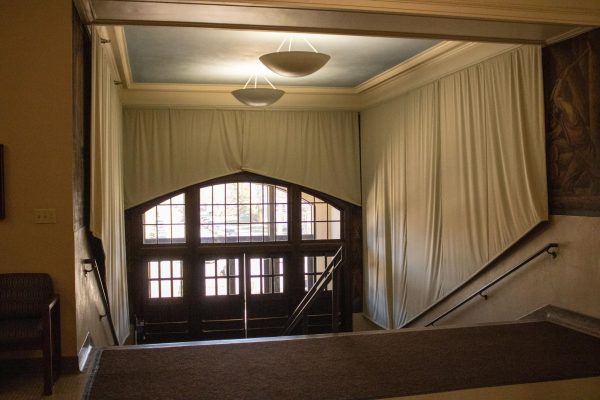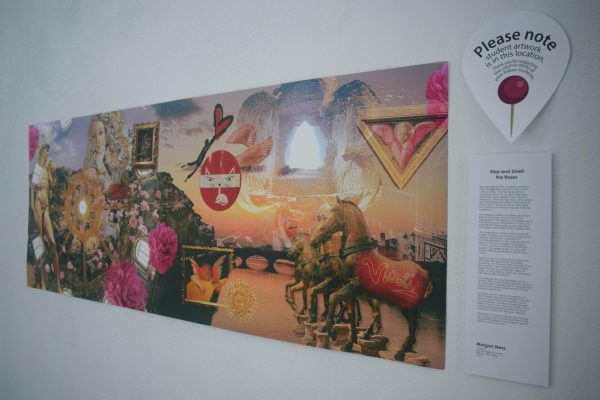Film in review: “Blade Runner 2049”
October 11, 2017
Every time I start complaining about the onslaught of misguided sequels and franchises in Hollywood these days, something like “Blade Runner 2049” comes along and makes me shove my foot in my mouth.
The original film “Blade Runner,” released in 1982, went from being a commercial failure to one of the most acclaimed science fiction films ever made. A slow-paced film built on atmosphere and ambiguity, Ridley Scott’s second sci-fi masterpiece (after 1979’s “Alien”) dealt closely with the timeless idea of what it means to be human, providing more questions than answers.
Thirty-five years later, “Blade Runner 2049” returns to the rain-soaked world of Los Angeles with a new blade runner, a face lift and a new director in the form of Denis Villeneuve. The original film is regarded as scripture, so making a worthy follow-up was a monumental feat. But Villeneuve sticks the landing with style to spare. “2049” isn’t just a cookie-cutter sequel, but a fully realized part two.
The main narrative of “2049” centers on bounty hunter K (Ryan Gosling), known as a blade runner who hunts down and “retires” replicants, which are essentially this universe’s version of an android. On one of his missions, he uncovers a long held secret that sends him on a journey to find Rick Deckard (Harrison Ford), a main character in the original Blade Runner.
I know that sounds loose and nondescript, but I can’t say any more about the story. Much like other Villeneuve films, getting too into the story reveals too much and ruins the surprise. I can’t give you plot specifics, but I can tell you this: “Blade Runner 2049” is a film about humanity.
More precisely, it’s a film about self identity and the human condition in a post-human world. What makes us human? What makes us…us? Unlike the original film, you might actually have an answer this time.
Let me backtrack for a moment. “Blade Runner,” unlike other sci-fi films released that year like “E.T. the Extra-Terrestrial” and “Star Trek II: The Wrath of Khan”, doesn’t exactly have populist appeal. It is, in essence, the summer blockbuster equivalent of an art film, equal parts neo-noir and hyper-stylized science fiction. The film was built on an almost post-modern take on storytelling, where the story is found in the background and on the sidelines, not in the main plot. “2049” is the opposite: Less mythic, more labyrinthian. Each piece is a tiny part of an intricately woven puzzle that’s as entertaining as it is invigorating.
Just looking at the individual parts, “2049” has the makings of a modern classic. Gosling is quickly becoming one of the most untouchable actors in the field, and “2049” is among his most deft and understated roles. Ford channels his classic Deckard persona in a surprisingly un-nostalgic way, breathing life into the old role without making it seem like a caricature. Jared Leto and Sylvia Hoeks shine as the villains of the film, with Leto especially embracing a sort of dream-like ponderance that lends “2049” the ethereal feeling it needed.
Of course, I can’t ignore the beautiful cinematography, courtesy of the masterful Roger Deakins himself. The original “Blade Runner” was a beautiful film not only for its time, but ever since has been a founding stylistic reference for nearly all science fiction dystopias. Deakins and Villeneuve, thankfully, didn’t try to ape that original scheme, but instead developed it into something new and unique. Each and every shot is imbued with lucidity and grace, whether it be the gritty and downtrodden slums of Los Angeles, the blood red sands of Las Vegas or the eerie orange glow of Wallace Industries.
I could go on, but really, you should see the film for yourselves. This may be sacrilegious, but “Blade Runner 2049” is a better film than the original. Now, the mystique and intrigue of that first philosophical foray into the dystopian world of Rick Deckard will never be matched. “Blade Runner” will forever be an unforgettable and untouchable experience, and required viewing for anyone interested in sci-fi.
That said, “2049” is the logical next step. It takes the loose and ambiguous elements and themes of its predecessor and runs with them, giving the awe-inspiring visuals a story to match. “2049” is the kind of film I had hoped “Star Wars: The Force Awakens” would be: A sequel that’s more about itself than its past. It’s as close to perfect as a sequel can get. 5/5







































































